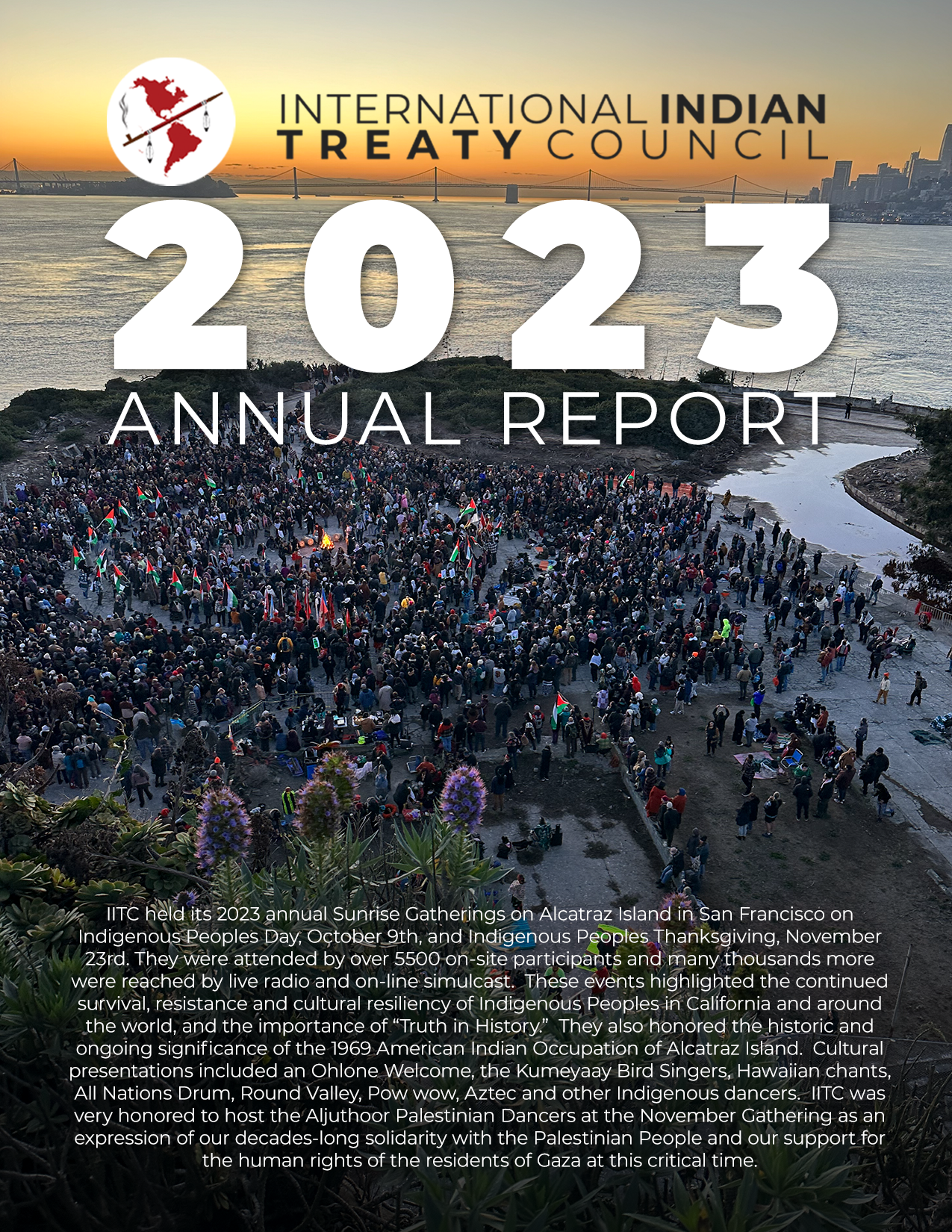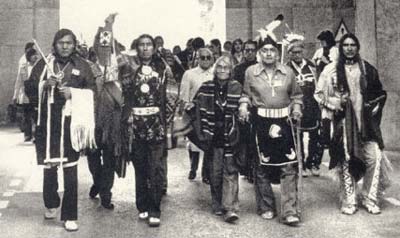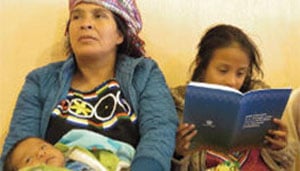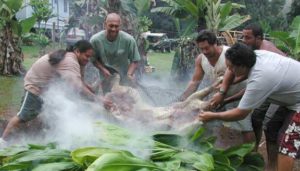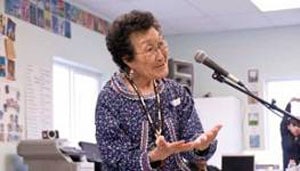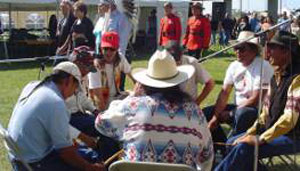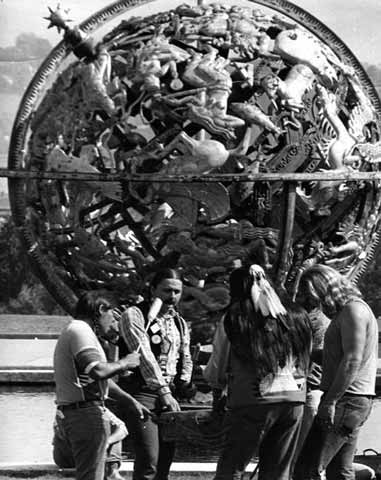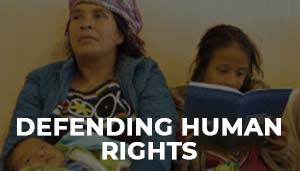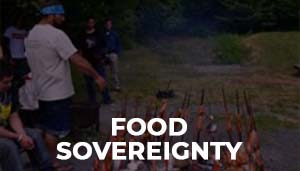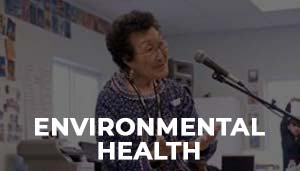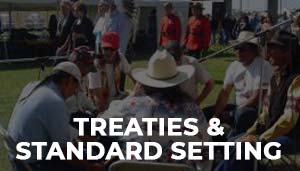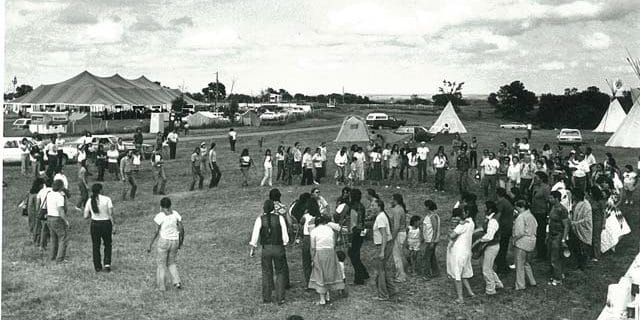[fusion_builder_container hundred_percent=”no” equal_height_columns=”no” menu_anchor=”” hide_on_mobile=”small-visibility,medium-visibility,large-visibility” class=”” id=”” background_color=”” background_image=”” background_position=”center center” background_repeat=”no-repeat” fade=”no” background_parallax=”none” parallax_speed=”0.3″ video_mp4=”” video_webm=”” video_ogv=”” video_url=”” video_aspect_ratio=”16:9″ video_loop=”yes” video_mute=”yes” overlay_color=”” video_preview_image=”” border_size=”” border_color=”” border_style=”solid” padding_top=”” padding_bottom=”” padding_left=”” padding_right=””][fusion_builder_row][fusion_builder_column type=”1_1″ layout=”1_1″ background_position=”left top” background_color=”” border_size=”” border_color=”” border_style=”solid” border_position=”all” spacing=”yes” background_image=”” background_repeat=”no-repeat” padding=”” margin_top=”0px” margin_bottom=”0px” class=”” id=”” animation_type=”” animation_speed=”0.3″ animation_direction=”left” hide_on_mobile=”small-visibility,medium-visibility,large-visibility” center_content=”no” last=”no” min_height=”” hover_type=”none” link=””][fusion_title margin_top=”” margin_bottom=”” hide_on_mobile=”small-visibility,medium-visibility,large-visibility” class=”” id=”” size=”1″ content_align=”left” style_type=”default” sep_color=””]
Traditional Knowledge and Climate Change
[/fusion_title][fusion_text]
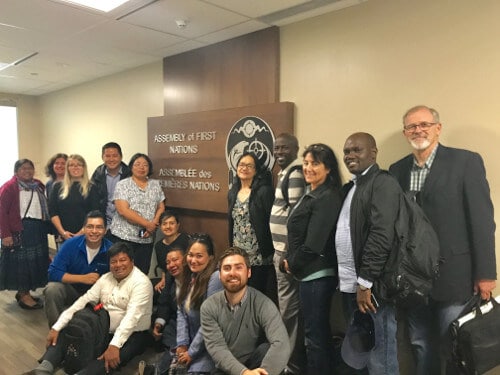
The Global Steering Committee for the Indigenous Peoples International Forum on Climate Change Global preparatory meeting, with Indigenous Peoples from all 7 regions, September 10th, Assembly of 1st Nations Main Office, Ottawa Canada, September 10th , 2017
September 11-12, Indigenous Peoples from all regions met with States, UN bodies (UNFCCC and UNESCO) in Ottawa Canada to continue discussing the implementation of operative paragraph 135 of the United Nations Paris Agreement. OP 135 recognizes the need to strengthen Indigenous Peoples’ “knowledge, practices, innovations and efforts” and also calls for the development of a new Traditional Knowledge Exchange Platform to mitigate Climate Change.
In this and other dialogues, IITC has continued to call upon States to change the policies and practices that undermine Indigenous Peoples ability to practice and protect their traditional knowledge in their homelands. These include industrial agriculture using GMO’s and pesticides, habitat destruction, restrictions on access to traditional lands and water, Treaty violations and continued fossil fuel development, as well as failure to implement Indigenous Peoples’ rights to Free Prior and Informed Consent and Cultural Heritage, among others.
IITC also continued to underscore the need to include Indigenous Traditional Knowledge holders, elders and practitioners in the development and implementation of the new Exchange Platform. For example the participants in the 3rd International Indigenous Peoples Corn Conference, March 7 – 9, 2017, Tecpan, Guatemala, affirmed “that the new Platform for Traditional Knowledge Exchange under the UN Framework Convention on Climate Change (UNFCCC) is developed with the full and equal participation of Indigenous Peoples from all regions and especially our knowledge holders and traditional food producers and in a manner that fully respects our rights, traditional indigenous sciences and the richness of our ancestral knowledge” (from The Declaration of Tecpán).
The development of the Traditional Knowledge Exchange Platform will be a focus for IITC’s and other Indigenous Peoples’ participation in the 23rd Conference of the Parties of the UN Framework Convention on Climate Change which will take place in Bonn Germany from November 6-17, 2017.[/fusion_text][fusion_separator style_type=”shadow” hide_on_mobile=”small-visibility,medium-visibility,large-visibility” class=”” id=”” sep_color=”” top_margin=”” bottom_margin=”20px” border_size=”” icon=”” icon_circle=”” icon_circle_color=”” width=”” alignment=”center” /][fusion_text]
Conocimiento tradicional y cambio climático
Del 11 al 12 de septiembre, los Pueblos Indígenas de todas las regiones se reunieron con los Estados, órganos de las Naciones Unidas (CMNUCC y la UNESCO) en Ottawa, Canadá, para seguir debatiendo la aplicación del párrafo operativo 135 del Acuerdo de París (OP 135). En dicho párrafo se reconoce la necesidad de fortalecer los “conocimientos, prácticas, innovaciones y esfuerzos” de los Pueblos Indígenas, y se solicita la creación de una nueva Plataforma de Intercambio de Conocimientos Tradicionales para mitigar el cambio climático.
En este y otros diálogos, el CITI ha seguido invitando a los Estados a que cambien las políticas y prácticas que socavan la capacidad de los pueblos indígenas de practicar y proteger sus conocimientos tradicionales en sus países de origen. Estas incluyen la agricultura industrial que utiliza los OMG y plaguicidas, la destrucción de hábitats, las restricciones al acceso a las tierras y aguas tradicionales, las violaciones de los tratados, el desarrollo continuo de combustibles fósiles, así como la falta de implementación de los derechos de los Pueblos Indígenas al consentimiento libre, previo e informado y a su patrimonio cultural, entre otros.
El CITI también continuó subrayando la necesidad de incluir a los titulares de conocimientos tradicionales indígenas, a ancianos y a profesionales, en el desarrollo e implementación de la nueva Plataforma de Intercambio. Por ejemplo, los participantes en la III Conferencia Internacional de los Pueblos Indígenas del Maíz, llevada a cabo del 7 al 9 de marzo de 2017 en Tecpan, Guatemala, afirmaron “que la nueva Plataforma para el Intercambio de Conocimientos Tradicionales bajo la Convención Marco de las Naciones Unidas sobre el Cambio Climático (UNFCCC) se ha desarrollado con la participación plena y equitativa de los Pueblos Indígenas de todas las regiones, y en especial de nuestros poseedores de conocimiento y de los productores de alimentos tradicionales, de una manera que respeta plenamente nuestros derechos, las ciencias indígenas tradicionales y la riqueza de nuestro conocimiento ancestral” (de la Declaración de Tecpan).
El desarrollo de la Plataforma de Intercambio de Conocimientos Tradicionales será un enfoque para la participación de CITI y otros Pueblos Indígenas en la 23 ª Conferencia de las Partes de la Convención Marco de las Naciones Unidas sobre Cambio Climático que se llevará a cabo en Bonn Alemania del 6 al 17 de noviembre de 2017.
[/fusion_text][/fusion_builder_column][/fusion_builder_row][/fusion_builder_container]
Share this post
Traditional Knowledge and Climate Change
[fusion_builder_container hundred_percent=”no” equal_height_columns=”no” menu_anchor=”” hide_on_mobile=”small-visibility,medium-visibility,large-visibility” class=”” id=”” background_color=”” background_image=”” background_position=”center center” background_repeat=”no-repeat” fade=”no” background_parallax=”none” parallax_speed=”0.3″ video_mp4=”” video_webm=”” video_ogv=”” video_url=”” video_aspect_ratio=”16:9″ video_loop=”yes” video_mute=”yes” overlay_color=”” video_preview_image=”” border_size=”” border_color=”” border_style=”solid” padding_top=”” padding_bottom=”” padding_left=”” padding_right=””][fusion_builder_row][fusion_builder_column type=”1_1″ layout=”1_1″ background_position=”left top” background_color=”” border_size=”” border_color=”” border_style=”solid” border_position=”all” spacing=”yes” background_image=”” background_repeat=”no-repeat” padding=”” margin_top=”0px” margin_bottom=”0px” class=”” id=”” animation_type=”” animation_speed=”0.3″ animation_direction=”left” hide_on_mobile=”small-visibility,medium-visibility,large-visibility” center_content=”no” last=”no” min_height=”” hover_type=”none” link=””][fusion_title margin_top=”” margin_bottom=”” hide_on_mobile=”small-visibility,medium-visibility,large-visibility” class=”” id=”” size=”1″ content_align=”left” style_type=”default” sep_color=””]
Traditional Knowledge and Climate Change
[/fusion_title][fusion_text]

The Global Steering Committee for the Indigenous Peoples International Forum on Climate Change Global preparatory meeting, with Indigenous Peoples from all 7 regions, September 10th, Assembly of 1st Nations Main Office, Ottawa Canada, September 10th , 2017
September 11-12, Indigenous Peoples from all regions met with States, UN bodies (UNFCCC and UNESCO) in Ottawa Canada to continue discussing the implementation of operative paragraph 135 of the United Nations Paris Agreement. OP 135 recognizes the need to strengthen Indigenous Peoples’ “knowledge, practices, innovations and efforts” and also calls for the development of a new Traditional Knowledge Exchange Platform to mitigate Climate Change.
In this and other dialogues, IITC has continued to call upon States to change the policies and practices that undermine Indigenous Peoples ability to practice and protect their traditional knowledge in their homelands. These include industrial agriculture using GMO’s and pesticides, habitat destruction, restrictions on access to traditional lands and water, Treaty violations and continued fossil fuel development, as well as failure to implement Indigenous Peoples’ rights to Free Prior and Informed Consent and Cultural Heritage, among others.
IITC also continued to underscore the need to include Indigenous Traditional Knowledge holders, elders and practitioners in the development and implementation of the new Exchange Platform. For example the participants in the 3rd International Indigenous Peoples Corn Conference, March 7 – 9, 2017, Tecpan, Guatemala, affirmed “that the new Platform for Traditional Knowledge Exchange under the UN Framework Convention on Climate Change (UNFCCC) is developed with the full and equal participation of Indigenous Peoples from all regions and especially our knowledge holders and traditional food producers and in a manner that fully respects our rights, traditional indigenous sciences and the richness of our ancestral knowledge” (from The Declaration of Tecpán).
The development of the Traditional Knowledge Exchange Platform will be a focus for IITC’s and other Indigenous Peoples’ participation in the 23rd Conference of the Parties of the UN Framework Convention on Climate Change which will take place in Bonn Germany from November 6-17, 2017.[/fusion_text][fusion_separator style_type=”shadow” hide_on_mobile=”small-visibility,medium-visibility,large-visibility” class=”” id=”” sep_color=”” top_margin=”” bottom_margin=”20px” border_size=”” icon=”” icon_circle=”” icon_circle_color=”” width=”” alignment=”center” /][fusion_text]
Conocimiento tradicional y cambio climático
Del 11 al 12 de septiembre, los Pueblos Indígenas de todas las regiones se reunieron con los Estados, órganos de las Naciones Unidas (CMNUCC y la UNESCO) en Ottawa, Canadá, para seguir debatiendo la aplicación del párrafo operativo 135 del Acuerdo de París (OP 135). En dicho párrafo se reconoce la necesidad de fortalecer los “conocimientos, prácticas, innovaciones y esfuerzos” de los Pueblos Indígenas, y se solicita la creación de una nueva Plataforma de Intercambio de Conocimientos Tradicionales para mitigar el cambio climático.
En este y otros diálogos, el CITI ha seguido invitando a los Estados a que cambien las políticas y prácticas que socavan la capacidad de los pueblos indígenas de practicar y proteger sus conocimientos tradicionales en sus países de origen. Estas incluyen la agricultura industrial que utiliza los OMG y plaguicidas, la destrucción de hábitats, las restricciones al acceso a las tierras y aguas tradicionales, las violaciones de los tratados, el desarrollo continuo de combustibles fósiles, así como la falta de implementación de los derechos de los Pueblos Indígenas al consentimiento libre, previo e informado y a su patrimonio cultural, entre otros.
El CITI también continuó subrayando la necesidad de incluir a los titulares de conocimientos tradicionales indígenas, a ancianos y a profesionales, en el desarrollo e implementación de la nueva Plataforma de Intercambio. Por ejemplo, los participantes en la III Conferencia Internacional de los Pueblos Indígenas del Maíz, llevada a cabo del 7 al 9 de marzo de 2017 en Tecpan, Guatemala, afirmaron “que la nueva Plataforma para el Intercambio de Conocimientos Tradicionales bajo la Convención Marco de las Naciones Unidas sobre el Cambio Climático (UNFCCC) se ha desarrollado con la participación plena y equitativa de los Pueblos Indígenas de todas las regiones, y en especial de nuestros poseedores de conocimiento y de los productores de alimentos tradicionales, de una manera que respeta plenamente nuestros derechos, las ciencias indígenas tradicionales y la riqueza de nuestro conocimiento ancestral” (de la Declaración de Tecpan).
El desarrollo de la Plataforma de Intercambio de Conocimientos Tradicionales será un enfoque para la participación de CITI y otros Pueblos Indígenas en la 23 ª Conferencia de las Partes de la Convención Marco de las Naciones Unidas sobre Cambio Climático que se llevará a cabo en Bonn Alemania del 6 al 17 de noviembre de 2017.
[/fusion_text][/fusion_builder_column][/fusion_builder_row][/fusion_builder_container]
